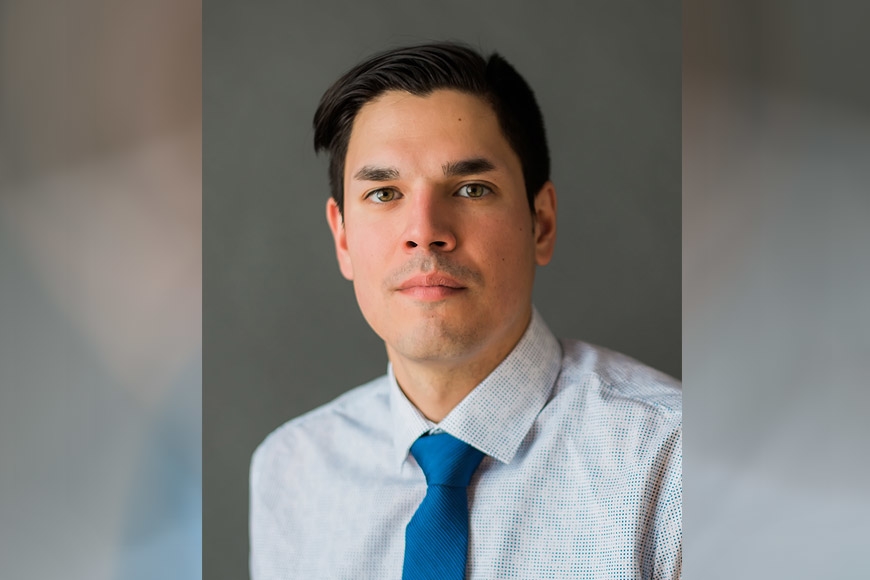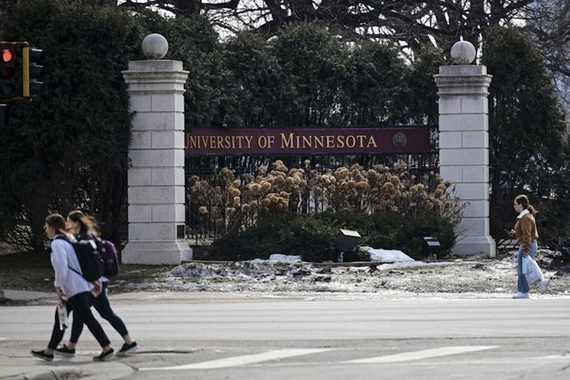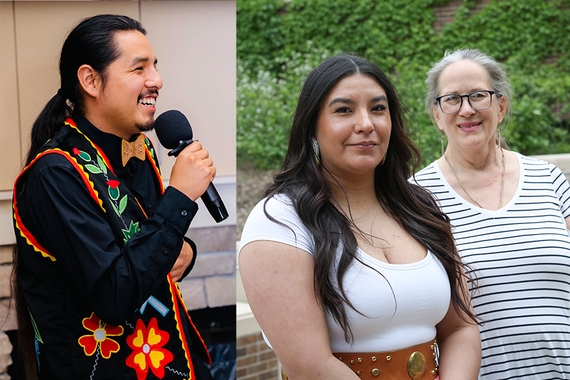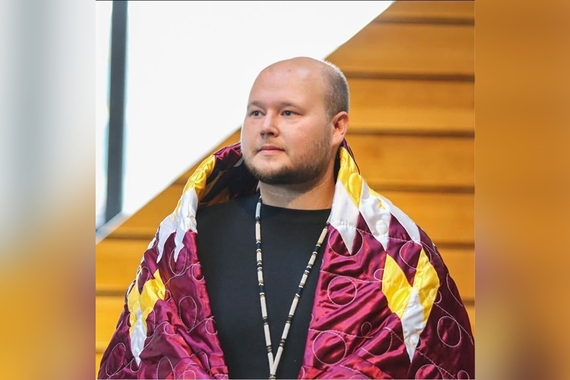Changing the Field: Native Studies and History
John Little is an enrolled member of the Standing Rock Sioux Tribe. He was born and raised in Denver, Colorado and Winner, South Dakota. Little is a fourth-year PhD student who is passionate about changing the way the history is written about Native people. He is also invested in helping Native American undergraduate students complete college.
Graduation year: 2020
Area of focus: History PhD
What brought you to the University of Minnesota?
I considered multiple other PhD history programs but the University of Minnesota had the most opportunity for my development as both a scholar and a Native person. The biggest factor was the expanded Dakota language program but I also really wanted to work with my advisor Jean O’Brien. The program also provided better funding than other programs I looked at. Minneapolis has a large urban Indian community and that also factored into my decision.
What made you decide on your area of study?
I decided to be a historian because I want to tell stories and histories that are often overlooked in Indian country. A lot of histories, as well as films, curriculum, etc., are written by non-Native people and do not accurately reflect Native voices, cultures, and traditions. As a Native individual, I hope to contribute to the historical field, but as the case with my own research on Native American veterans, retell how that particular story has been told.
What do you love about your studies?
I love that I have the opportunity to correct and change how Native people are written about. My particular research is on Native Vietnam veterans. There are several studies on Native veterans but most of these histories focus on stereotypical aspects about Native people and I want to help fix those stories. I also love that I am part of a growing wave of new Native scholars who have the opportunity to change the field of Native studies and history.
How have your experiences as a student in AIS prepared you for the present and future?
The University’s history department has given me many opportunities to study how history has been written about Native people. As a result, I can analyze how to change the field to more accurately reflect Indigenous experiences. I also am learning the Dakota language, which has further connected me to my culture, history, and traditions. In addition, AIS has given me the tools to analyze and critique white supremacy, settler colonialism, and patriarchy as well as think about the different definitions of gender, race, and indigeneity.
What do you like about campus and living in the Twin Cities?
The best part about being on campus is that I am on the traditional homelands of my people. There is also a really strong, active Native community both on campus and in the Twin Cities. Without the support of these communities and my connection to the land and culture (via the Dakota language classes), I am not sure if I would have been able to finish my PhD program.
What projects are you currently working on?
My intellectual life has dramatically changed throughout my graduate studies. UMN has given me the tools to think about race, gender, and indigeneity while also challenging settler colonialism and white supremacy. My brother and I finished our first film titled More Than A Word last year and currently we are working on a new film on Native American art. And as I already mentioned, I’m writing my dissertation on Native American veterans. During the summer, I am serving as the director of the Indian University of North America at the Crazy Horse Memorial, which serves recent Native high school graduates.



